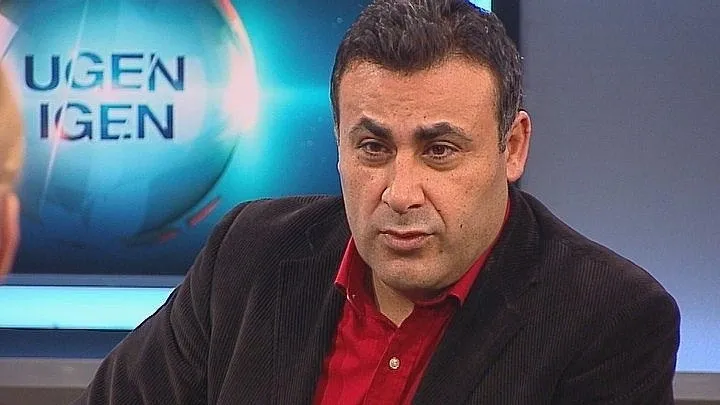
As well as about 100,000 troops, Russia now also has amassed equipment to support forces along its frontier with Ukraine and more recently also Belarus, which borders Ukraine on the North.
President Vladimir Putin has repeatedly denied that an invasion was on the way. The Ukrainian government has also called for calm. But regional tensions are escalating sharply nonetheless.
Admirable, there is still a big difference in the response of European countries to the conflict. Germany offered to send 5000 helmets to Ukraine, a move slammed as an “absolute joke” by the mayor of Kyiv.
On the contrary, last week, as the first European country, Denmark’s Prime Minister Mette Frederiksen said she was ready to support Ukraine with weapons and other military equipment if President Putin chooses to escalate the situation further.
The Danish Prime Minister also announced more money for the Armed Forces if the current budget were not sufficient. Asked whether Danish soldiers may also have to show up on Ukrainian soil, the Danish Prime Minister would not answer yet.
The Danish Prime Minister r’s announcement came after Ukraine’s Foreign Minister Dmytro Kuleba visited Denmark. In connection with the meeting, Foreign Minister Jeppe Kofod was able to announce that the government will allocate more financial help to Denmark’s Neighborhood Program (DANEP) with Ukraine over the next four years.
If we want to stop Russia’s aggressive behavior, we must stand together and show that NATO will not indulge in Putin’s provocations. I hope Putin will respect NATO so much that we can develop a better dialogue based on mutual respect and stand together against the real enemy, which is China.
China has almost unnoticed stepped in with support for Russia in the crisis. Worst case scenario is of course a Russian-Ukrainian war, but the second-worst scenario is a stronger alliance between China, Iran, and Russia. Russia is lost for decades if it becomes part of an autocratic alliance against the world’s democracies.
This week, British Prime Minister Boris Johnson is expected to speak with President Putin before heading to the region. Johnson recently said the UK could deploy troops to NATO nations in Eastern Europe in the event of a Russian invasion of Ukraine. But Johnson will most likely use his meeting with Putin reiterating what State Secretary Antony Blinken said last week. He told a reporter that America’s most recent response to Russia “sets out a serious diplomatic path forward should Russia choose it.”
